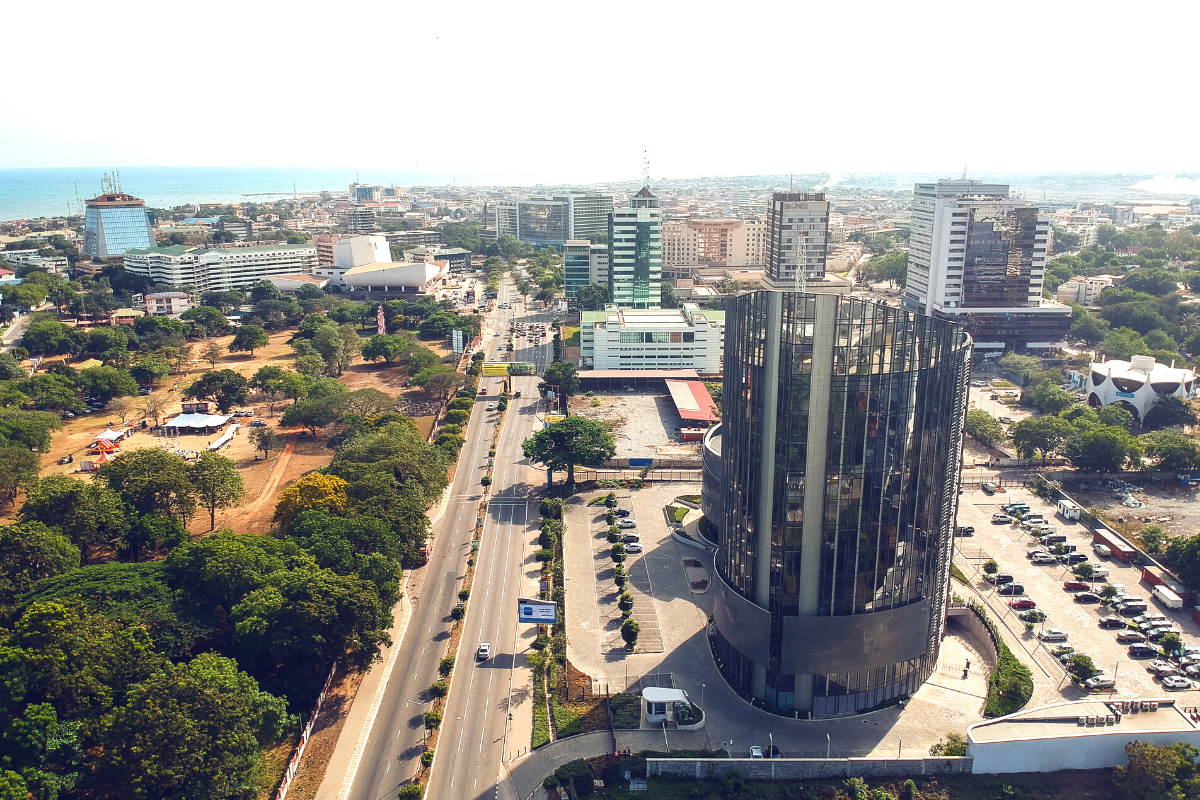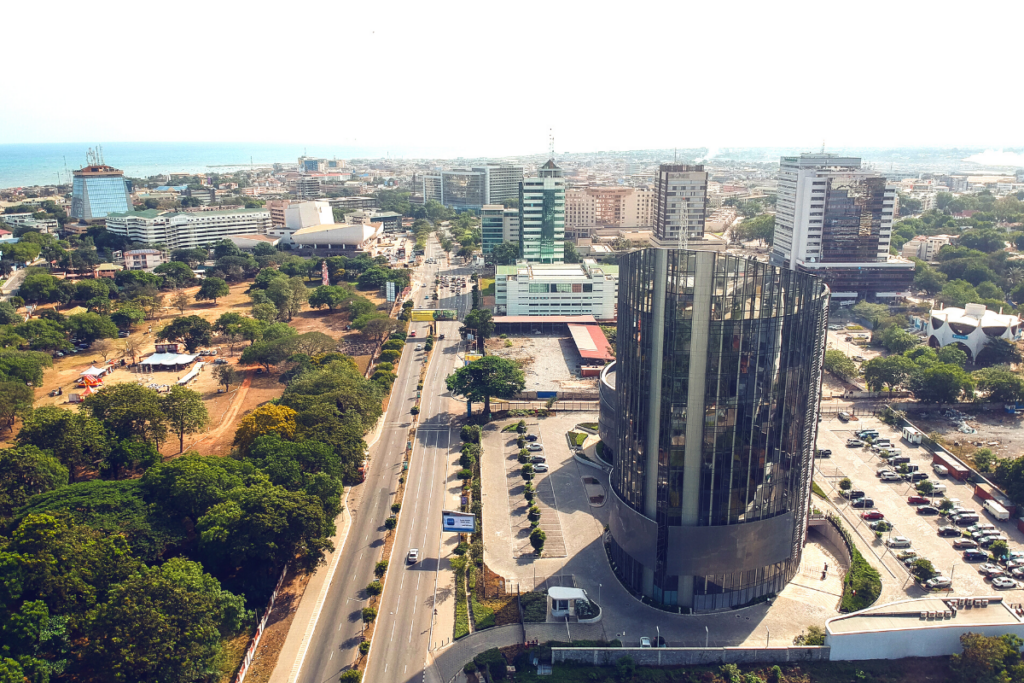4 August 2021
Toward a new era of urban African resilience
Nature-based solutions could help cities stabilise warming to below 2°C. ICLEI Africa continues to empower local governments to harness existing urban natural assets with the launch of UNA: Resilience for Life.



Africa is one of the most rapidly urbanising continents and its urban transition is a key global game-changer: the way African cities develop will determine whether or not we achieve global climate mitigation targets, Sustainable Development Goals (SDGs), biodiversity, poverty and inequality targets, and resource sustainability. The Urban Natural Assets (UNA) programme was designed to support local governments in Africa in addressing the daily challenges they experience around protecting and revitalising their urban natural assets whilst building climate resilience.
Introducing UNA Resilience
ICLEI Africa is proud to announce the launch of a 4-year project under the UNA programme. UNA: Resilience & Restoration for Life will work with local governments in African cities to integrate nature-based solutions into land use planning to increase urban resilience, which, in turn, will contribute to stabilising warming below 2 degrees. This cutting edge programme is designed to support the daily challenges that local governments in Africa experience around protecting and revitalising their urban natural assets.
The UNA Programme
The UNA programme has been developed over the last decade and is implemented by ICLEI Cities Biodiversity Centre (CBC) and funded by the Swedish International Development Cooperation Agency (Sida) through SwedBio at the Stockholm Resilience Centre (SRC). From 2014-2020, UNA was focused on supporting local governments in Africa to address daily challenges around protecting and revitalising the natural assets available in their cities. It specifically sought to improve human well-being, contribute to poverty alleviation and build climate resilience through integrating nature-based solutions (NbS) into land-use planning and decision-making processes by all levels of government.
Since the programme’s initiation, three flagship projects were developed under the UNA umbrella: Urban Natural Assets for Africa (UNA Africa), Urban Natural Assets for Africa: Rivers for Life (UNA Rivers) and Urban Natural Assets for Africa: Coasts for Life (UNA Coasts). ICLEI is honoured to have received funding to build on these existing projects and launch the new phase of Urban Natural Assets for Africa: Resilience for Life which will run from 2021-2024 building on previous UNA project outcomes .
UNA Resilience aims to transform our cities’ development trajectories
Recent research suggests that nature-based solutions (NbS) could provide around 30% of the cost-effective mitigation that is needed by 2030 to stabilise warming to below 2°C. NbS can help to protect us from climate change impacts while slowing further warming, supporting biodiversity and securing ecosystem services.
UNA Resilience looks to NbS – found specifically in urban nature – to build resilience in African cities. The project will contribute to emerging processes and research to support our conviction that NbS can help us tackle both the climate and biodiversity crises while also contributing to sustainable development and supporting improved livelihoods and resilience in vulnerable communities.
UNA Resilience’s overarching aim is to transform the development trajectory of the chosen African cities toward sustainable development and greater interconnectedness with surrounding natural systems. The project is built on the three interlinked urban pillars of governance, planning and finance. With an emphasis on building urban resilience and moving toward sufficient agency for local officials, it will facilitate a process of transformative change, focusing on equitable ecosystem governance and management that supports sustainable livelihoods, as well as adaptation, mitigation and disaster risk reduction related to climate change.
Where is the project taking place?
The project will be working in Sierra Leone and Ghana, working with both national and local governments to foster a multi-level governance approach to support local actions. It will also continue to build on work down in previous UNA project cities in (Mozambique, Uganda, Kenya, Tanzania, Ethiopia and Malawi).



